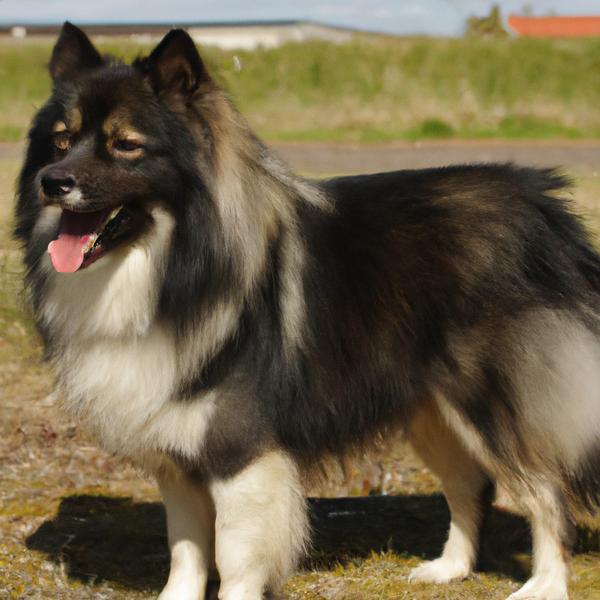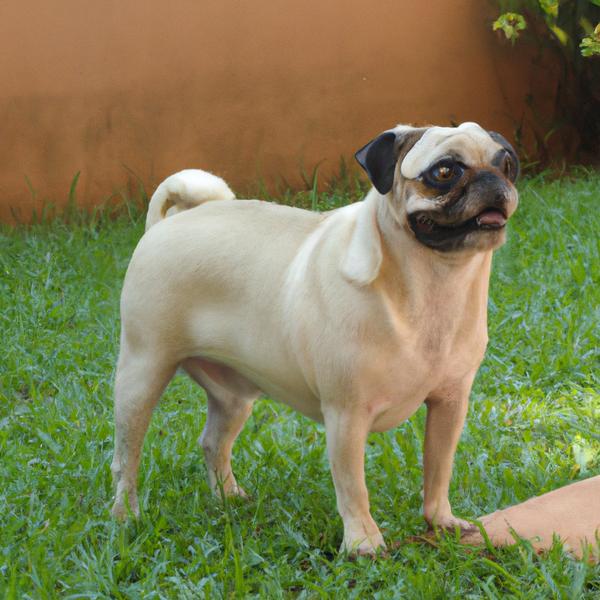Eskland vs. Pugwich: Breed Differences and Similarities
Hypoallergenic
Are Esklands or Pugwichs hypoallergenic, or neither?
Unfortunately, neither Eskland nor Pugwich are hypoallergenic, which may not make them the best choice for dog lovers who suffer from pet allergies.
Temperament
What are the personalities of Eskland and Pugwich dogs?
Playful
Independent
Energetic
Protective
Alert
Intelligent
Friendly
Responsive
Affectionate
Lively
Gentle
Playful
Energetic
Sensitive
Courageous
Intelligent
Friendly
Affectionate
Loyal
Gentle
Going
Cheerful
Shedding Level
Do Esklands shed more than Pugwichs, or which breed sheds more, Esklands or Pugwichs?
Esklands are heavy shedders, but regular brushing can help manage shedding and promote a healthy coat.
Pugwichs are moderate shedders, but regular brushing can reduce shedding and maintain coat health.
Watchdog Ability
Which dog breed makes a better watchdog, the Eskland or Pugwich?
The Eskland and Pugwich breeds are not the best choice if you want good watchdogs. If you're looking for guard dogs, these breeds are not the right ones for you. They will 'watch' everything - but that's usually as far as they go.
Origin
What is the origin of Eskland and Pugwich dog breeds?
United States
United States
Ancestry
What are the origins of Eskland and Pugwich breeds?
American Eskimo and Shetland Sheepdog
Pug, Norwich Terrier
Breed recognition
Which kennel clubs recognize/register Eskland and Pugwich?
ACHC = American Canine Hybrid Club
DDKC = Designer Dogs Kennel Club
DRA = Dog Registry of America, Inc.
IDCR = International Designer Canine Registry®
DRA = Dog Registry of America, Inc.
Date of Birth
When were Eskland and Pugwich breeds first developed?
Unknown
Eye Color Possibilites
What are the eye colors of Eskland and Pugwich dogs?
Brown
Brown
Amber
Nose Color Possibilites
What are the natural nose colors of Eskland and Pugwich?
Black
Black
Coat Color Possibilites
What are the natural colors of the coat for Eskland and Pugwich breeds?
Pied
Brown
Gray
White
Cream
Red
Brown
Fawn
Sable
Red
Black
Coat Length
What is the typical coat length for Eskland and Pugwich breeds?
Esklands have longer coats compared to most dogs.
Pugwichs have medium-length coats.
Coat Density
What is the density of the coat of Eskland and Pugwich?
Coat Texture
What is the hair texture of Eskland and Pugwich?
Straight
Litter Size
What is the usual litter size for Eskland and Pugwich?
An Eskland can have a litter of 4-6 puppies on average. However, it's worth noting that the size of the litters can vary greatly. Factors that can influence litter size include the health of the mother, breeding history, and genetics.
A Pugwich can have a litter of 2-4 puppies on average. However, it's worth noting that the size of the litters can vary greatly. Factors that can influence litter size include the health of the mother, breeding history, and genetics.
Adaptability
Esklands are known for their adaptability and can adjust well to different environments and lifestyle changes.
Pugwichs are highly adaptable and versatile, making them excellent companions for families and individuals of all lifestyles.
Health Issues
Between Eskland and Pugwich, which breed is more prone to health problems?
While the Eskland breed is generally healthy, occasional vet check-ups are still necessary to address any health concerns.
Pugwichs typically have low vet costs due to their good health, but it's important to monitor their health and seek vet care when necessary.
Major Concerns
What are the major health concerns for Eskland and Pugwich breeds?
Hip Dysplasia
Dermatomyositis
Von Willebrand's Disease
Pancreatitis
Patellar Luxation
Canine Hip Dysplasia (Chd)
Epilepsy
Corneal Ulcer
Legg-Calve Perthes Disease
Minor Concerns
What minor health issues should be kept in mind when owning Eskland and Pugwich?
Cataracts
Retinal Dysplasia
Hypothyroidism
Atopy Dermatitis
Allergies
Dry Eye
Occasional Tests
What occasional tests are recommended for Eskland and Pugwich breeds?
Eye Examination
Physical Examination
Radiographs
Urinalysis
Spinal Tap
Complete Blood Count
Regular Full Physical Examination By Veterinarian
Physical and Neurologic Examination
Biochemistry Profile
Complete Ophthalmologic Examination
Skin Scraping Test for Allergies
X-rays or other radiographic imaging
Allergy Testing
Energy
How do the energy levels of Esklands and Pugwichs compare?
Esklands' high energy levels make them unsuitable for a low-key dog, choose accordingly.
Pugwichs are suitable for those with a balanced lifestyle as they have an average energy level.
Social Needs
Eskland vs Pugwich social needs comparison
Eskland has very high social needs and requires regular mental and physical stimulation, a job or purpose, and companionship.
Pugwich has above average social needs and thrives with interaction with humans and other dogs.
Exercise Needed
Eskland vs Pugwich exercise need comparison.
The Eskland and Pugwich breeds require a moderate amount of physical activity to maintain a healthy lifestyle. They are ideal for people who have a moderate amount of time to devote to their pets and enjoy regular physical activity themselves. They also make great family pets as they have the energy to keep up with children and the temperament to be great companions.
Sleeping Need
Which of the two sleeps the most/least: Eskland or Pugwich?
Eskland and Pugwich dogs tend to sleep less than some other breeds, but it's still important for them to get adequate sleep in order to maintain good health.
Tendency to Bark
Do Esklands or Pugwichs bark more/less frequently?
Esklands bark moderately when necessary and may also bark due to certain triggers like fear, alarm, boredom, greeting, separation anxiety and compulsive barking.
The Pugwich is a vocal breed that frequently barks and howls, and may not be suitable for those seeking a quiet companion.
Mouthiness
Mouthiness Comparison: Eskland vs Pugwich?
Roaming urge
Eskland vs Labrador: Running away tendency?
Prey Drive
Eskland or Pugwich - which breed has a higher level of prey drive?
Past times
What are some enjoyable activities and ways to keep Eskland and Pugwich entertained?
Fetch, Hike, Walk, Playing, Walking, Loves snow, Needy, Farm work, Run, Road trip, Swim, Catch treats, Play keep away, Wrestling, Tug-of-war, Hide & Seek, Dance, Shake, Puzzle Toys, Tag, Trampoline
Fetch, Running, Walking, Cuddling
Activity Level
Which breed has higher energy, Esklands or Pugwichs?
Eskland and Pugwich are high-energy dogs that require a lot of mental and physical exercise. Without proper stimulation and attention, these breeds can become problematic. If you're considering these breeds, be prepared to invest time and effort in their exercise and training.
Tolerance of being left alone
Walks per Week
How many miles should Eskland or Pugwich walk each week?
Eskland and Pugwich generally need a minimum of 10 miles of walking per week, but it can be increased as long as they are comfortable with it.
Activity per Day
Do Esklands or Pugwichs require more exercise?
In general most Esklands usually need at least 120 minutes of exercise daily. This can be spread across the day and include all sorts of high-energy activities, like walking, running and playing.
In general most Pugwichs usually need at least 70 minutes of exercise daily. This can be spread across the day and include all sorts of high-energy activities, like walking, running and playing.
Grooming
Which breed is easier to maintain in terms of grooming, Esklands or Pugwichs?
Esklands require significant grooming, including regular trims and professional grooming assistance to maintain their coat. They may also require frequent bathing to keep their coat and skin healthy.
The Pugwich has low grooming needs and is easy to maintain.
Brushing Frequency
What is the recommended brushing frequency for Eskland and Pugwich dogs?
Ideally, Eskland should be brushed at least 2 or 3 times a week (preferably daily) improve shedding.
Pugwich should be brushed at least once a week. Of course you can give them more frequent brushes if you find that they are still shedding a lot
Brushing Tools
What brushing tools are used for Esklands and Pugwichs?
Pin Brush
Slicker Brush
Deshedder
Nail Clipper
Pin Brush
Comb
Deshedder
Nail Clipper
Cups
How much food should be given to Eskland or Pugwich in cups?
For an average 12-18 pound (5 - 8 kg) Eskland feed 1 cups daily. But, keep in mind, the amount you feed is going to be dependent on the quality of the food you are feeding.
For an average 10-19 pound (5 - 9 kg) Pugwich feed 1.5 cups daily. But, keep in mind, the amount you feed is going to be dependent on the quality of the food you are feeding.
Daily Cost
Which breed has a higher daily cost, Eskland or Pugwich?
The average cost of an Eskland is somewhere $1.10 - $1.40 per day.
The average cost of a Pugwich is somewhere $2.10 - $3.50 per day.
Monthly Cost
Which breed has a higher monthly cost, Eskland or Pugwich?
The average per month expenses of an Eskland is between $35 - $42. This makes an average of $420 - $504 per year. It will be on the higher side when the dog is still small because it will need more frequent visits to the vet, shots.
The average per month expenses of a Pugwich is between $42 - $56. This makes an average of $504 - $672 per year. It will be on the higher side when the dog is still small because it will need more frequent visits to the vet, shots.
Intelligence
Comparing Intelligence: Esklands vs Pugwichs
Eskland is a very intelligent and trainable breed.
Pugwichs are average in obedience intelligence but have a high IQ and may cause trouble if left unsupervised.
Sensitivity Level
How do Eskland and Pugwich compare in sensitivity?
This breed is sensitive to its environment and best suited for patient and understanding families with a consistent routine.
This breed is sensitive and requires gentle handling and a calm home environment.
Affection Dependance
Which is the more affectionate dog breed: Eskland vs Pugwich?
Apartment Friendly
Which breed is more apartment-friendly: Eskland or Pugwich?
The Eskland is a great apartment dog, thriving with sufficient exercise and time outside as part of their daily routine.
Pugwichs make excellent apartment dogs, being fairly active indoors and not requiring a yard.
Child Friendly
Do Esklands or Pugwichs have a friendlier temperament towards children?
Eskland and Pugwich are kid-friendly dogs. They are good with children and excellent dogs with children if they are socialized and trained at a young age.
Senior-friendly
Which dog is more suitable as a pet for the elderly - Eskland or Pugwich?
Cat Friendly
Do Eskland or Pugwich breeds have a better compatibility with cats?
Esklands are good with cats, but early training is needed to prevent chasing behavior.
Pugwichs are very friendly with cats and make great companions for them.
Dog Friendly
Which breed is more sociable with other dogs: Eskland or Pugwich?
Esklands are friendly and active companions, and can be good family pets, though their friendliness towards other dogs may vary.
Pugwichs are generally very friendly towards other dogs, with a happy and affectionate temperament.
Pet friendly
How do Eskland or Pugwich dogs interact with other pets?
Stranger Friendly
Which breed is more friendly with strangers: Eskland or Pugwich?
Esklands are quick to announce strangers and can be standoffish or suspicious.
Pugwichs are friendly but may bark at strangers, and training is easy due to their intelligence.
Playfulness
Which breed is more playful between Eskland and Pugwich?
Eskland and Pugwich are playful dogs. So, no matter how busy the day may get, the best thing you can do for Eskland and Pugwich is to make time each day to play. It can be as little as 15-20 minutes, and it will mean the world to them.
Trainability
How do the trainability levels of Esklands and Pugwichs compare?
Esklands are popular for their ease of training and quick learning ability.
Pugwichs are usually easy to train but require consistency to fully obey commands.
Compare Eskland with other breeds
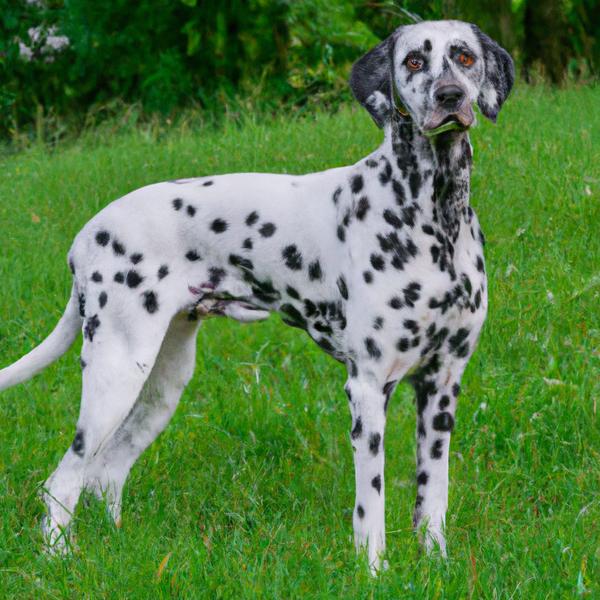
Dalmatian Springer
Eskland vs Dalmatian Springer
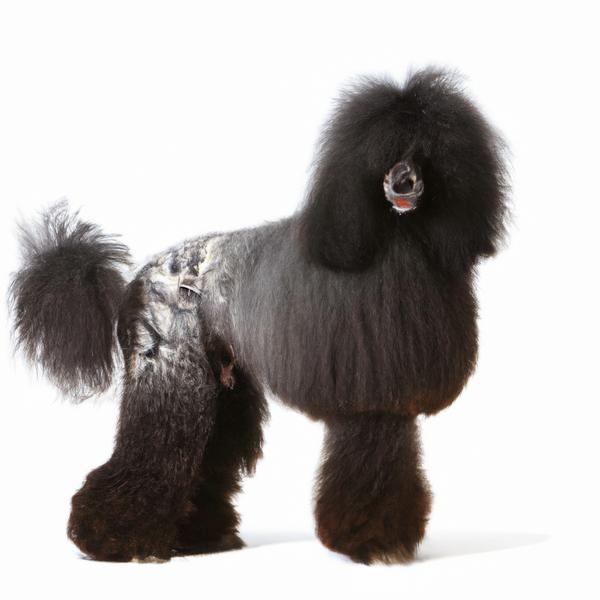
Puli
Eskland vs Puli
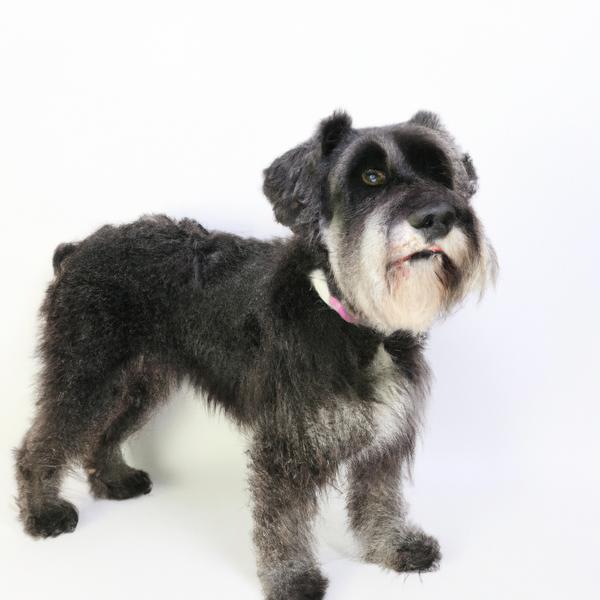
Mini Bolonauzer
Eskland vs Mini Bolonauzer
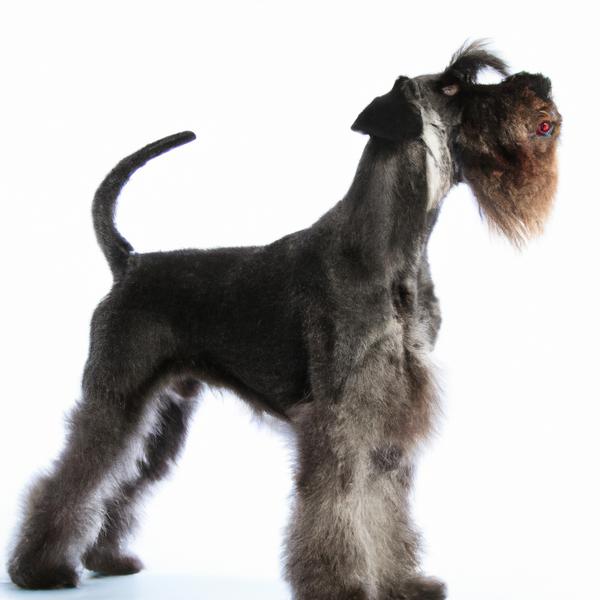
Schnauffen
Eskland vs Schnauffen
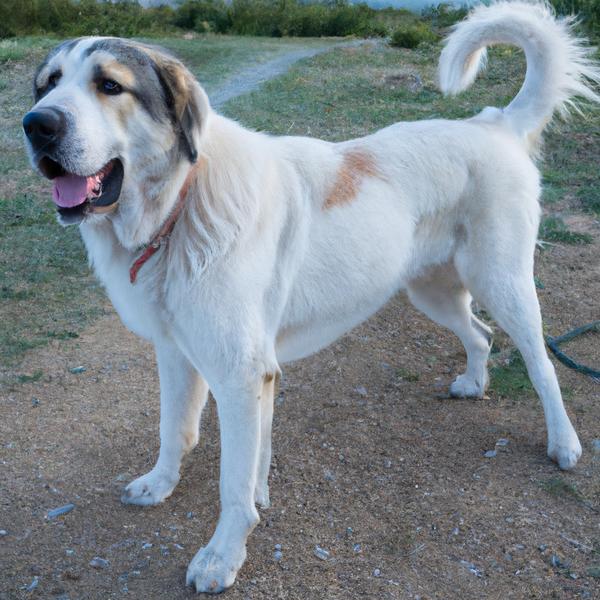
Anatolian Pyrenees
Eskland vs Anatolian Pyrenees
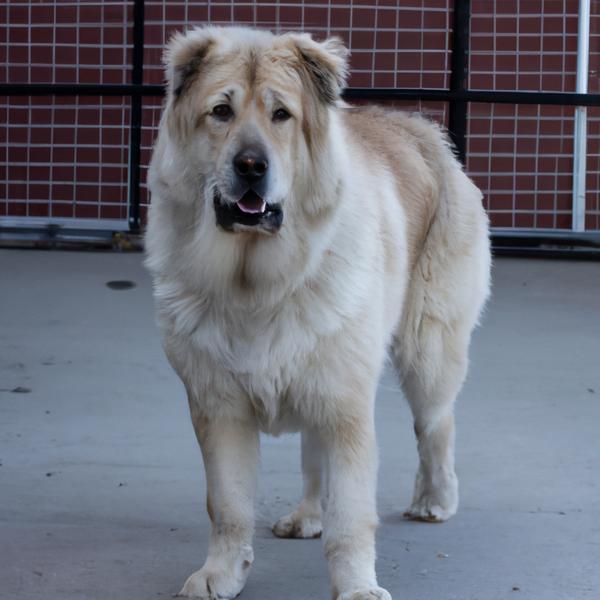
Wheaten Eskimo
Eskland vs Wheaten Eskimo
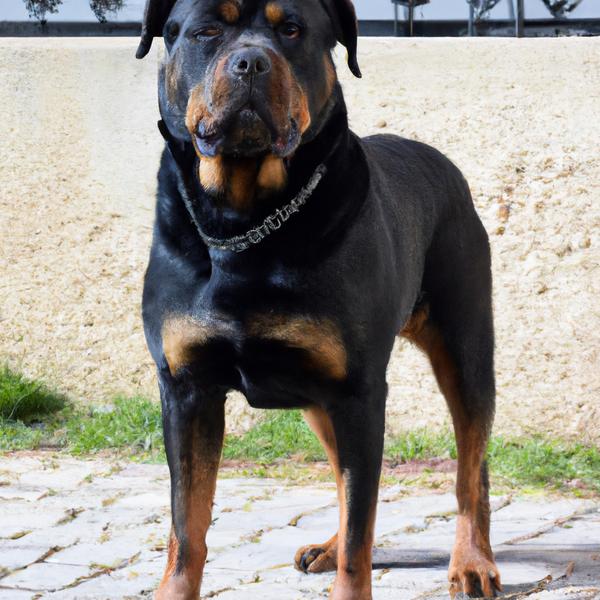
Bull Mastweiler
Eskland vs Bull Mastweiler
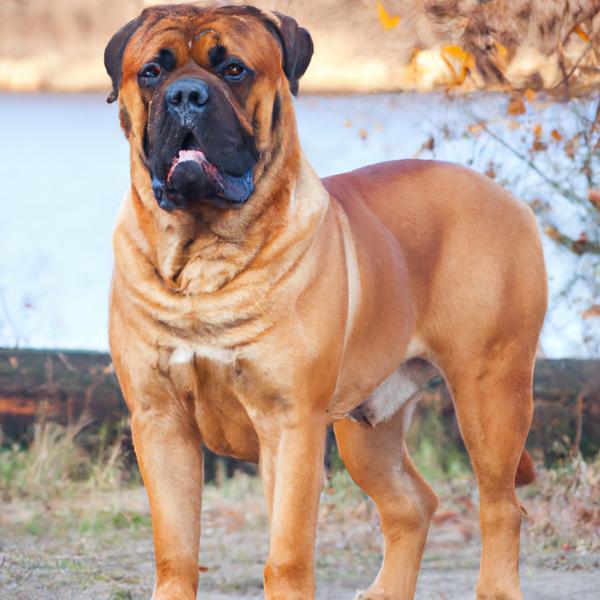
Bullmastiff
Eskland vs Bullmastiff
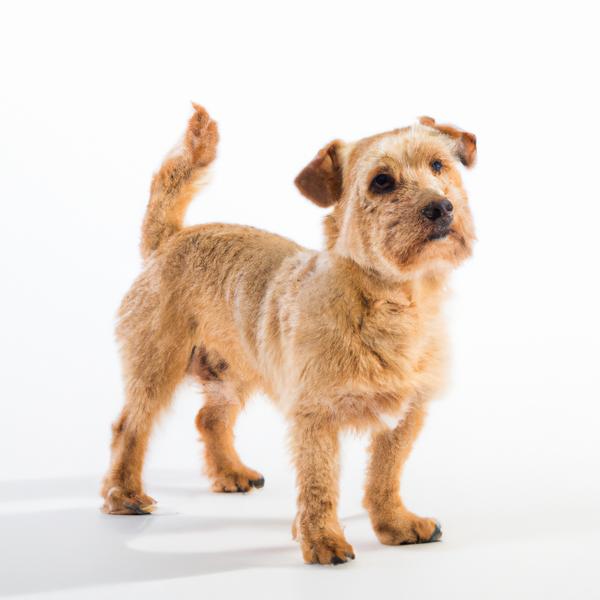
Corkie
Eskland vs Corkie
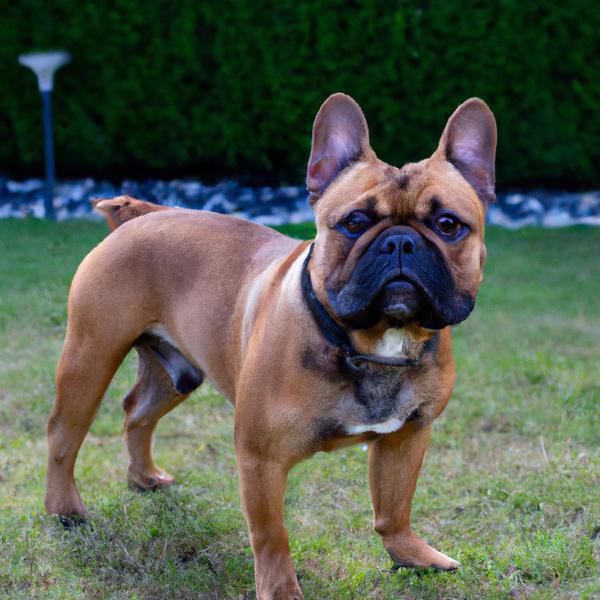
French Masti-Bull
Eskland vs French Masti-Bull
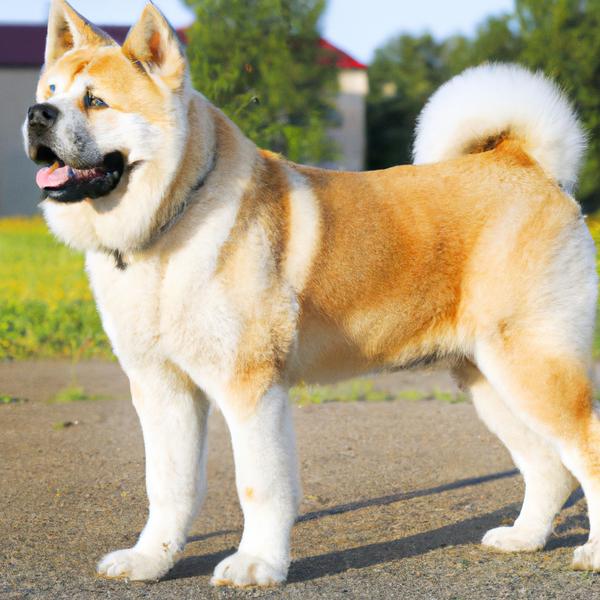
Golden Akita Retriever
Eskland vs Golden Akita Retriever
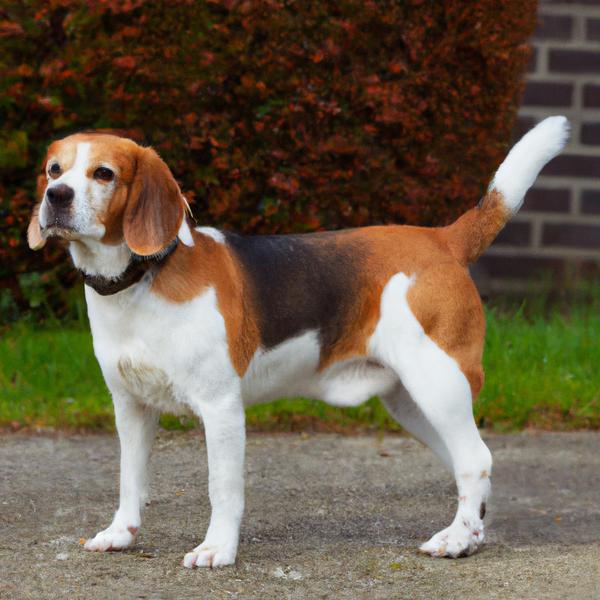
English Speagle
Eskland vs English Speagle
